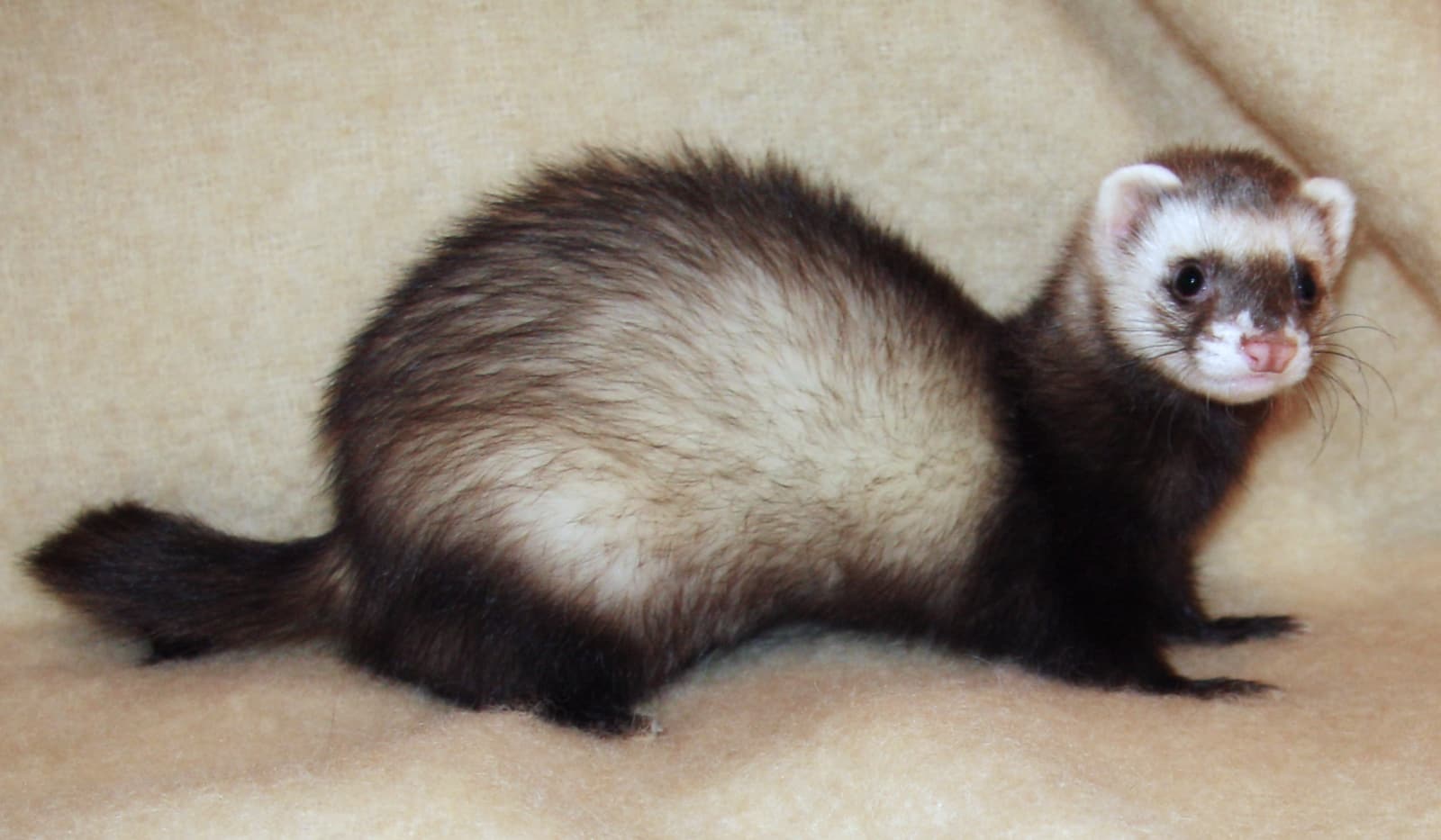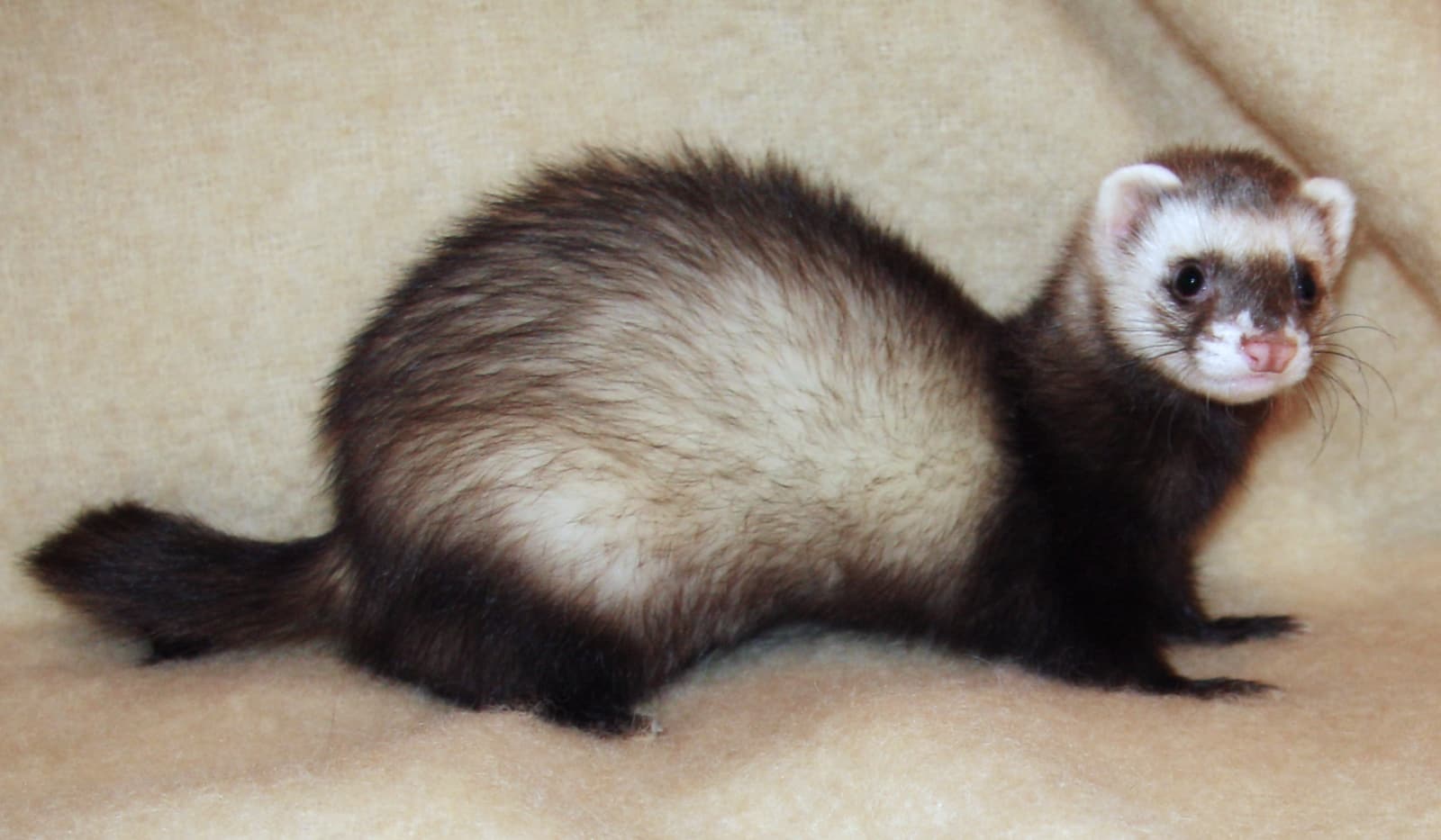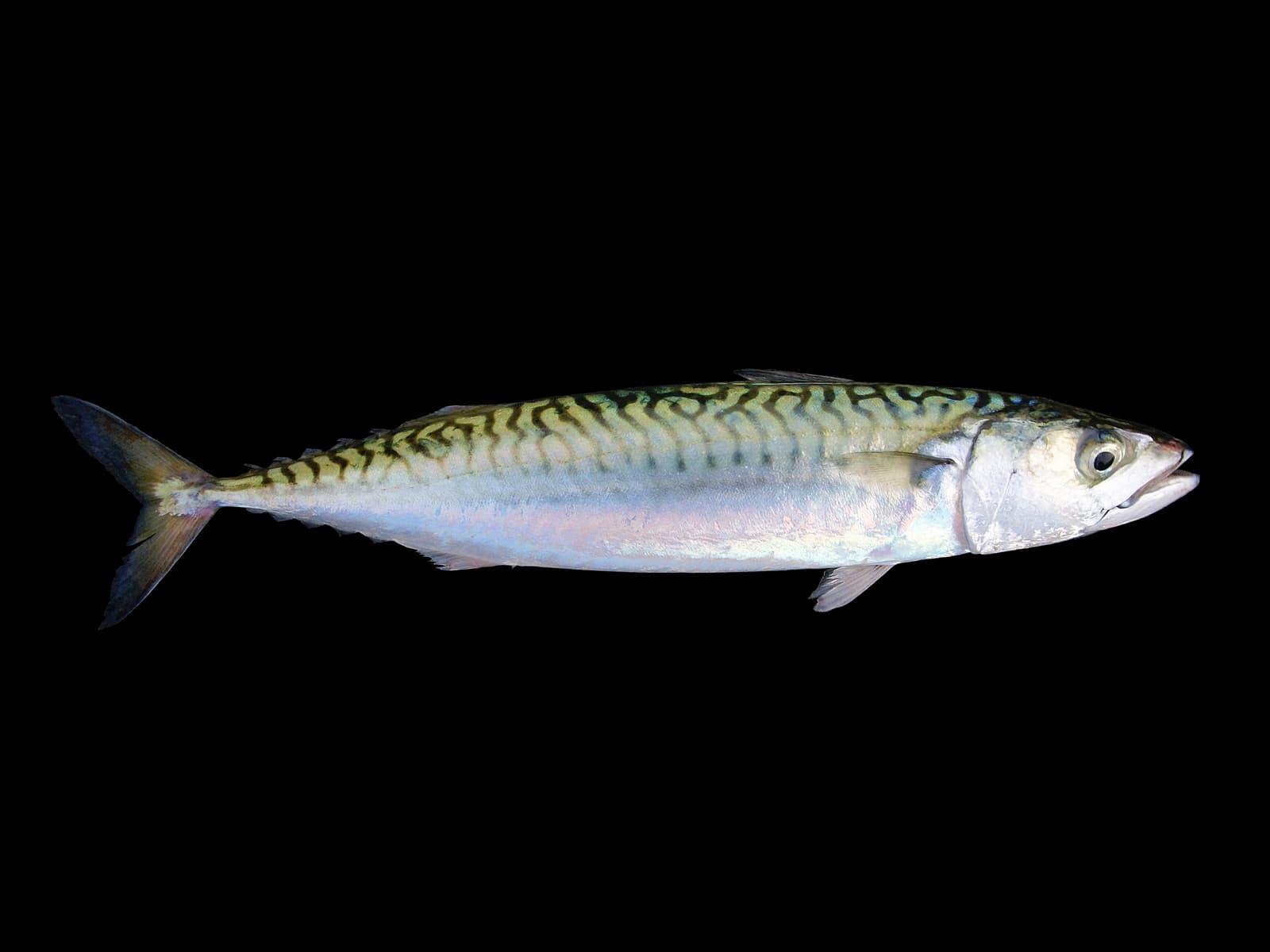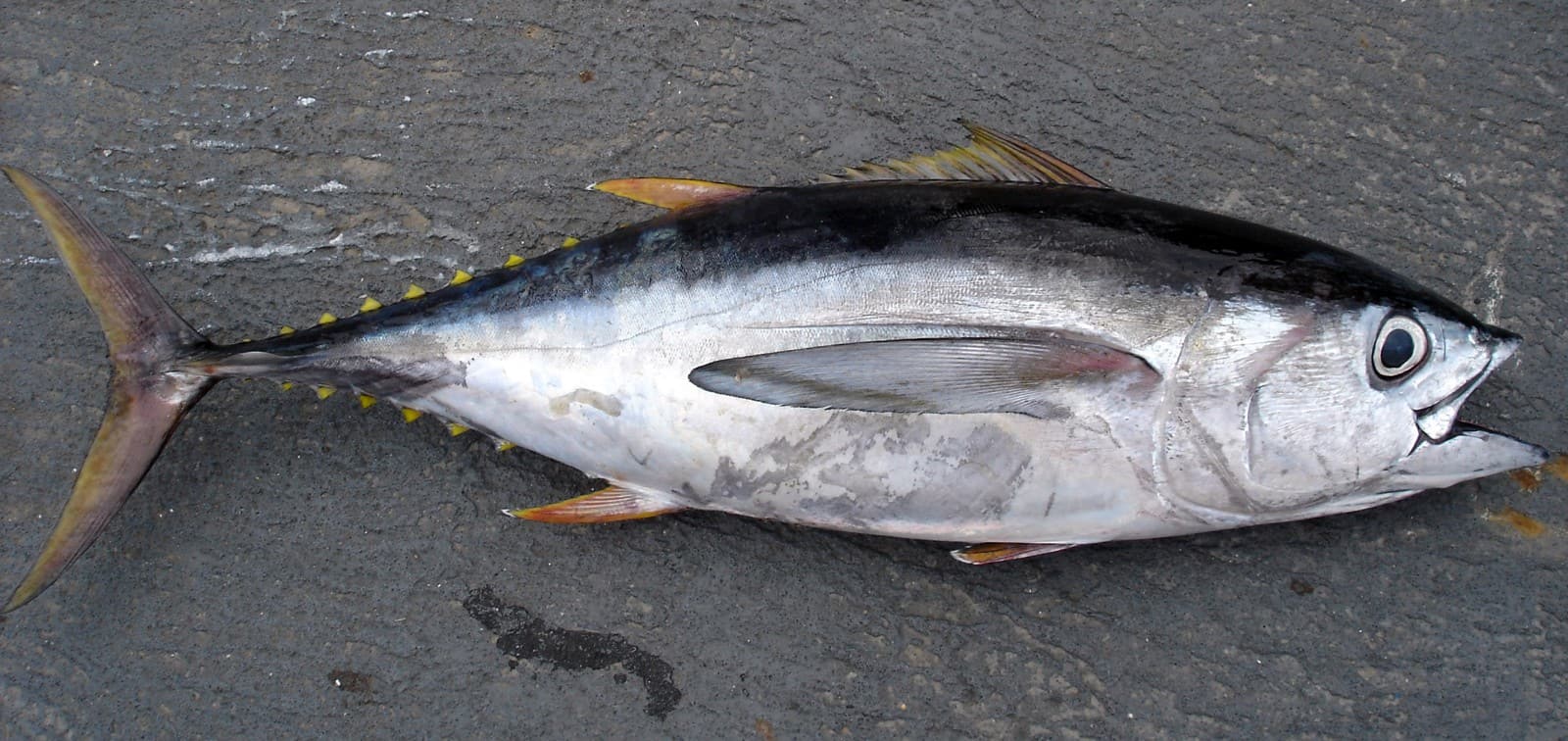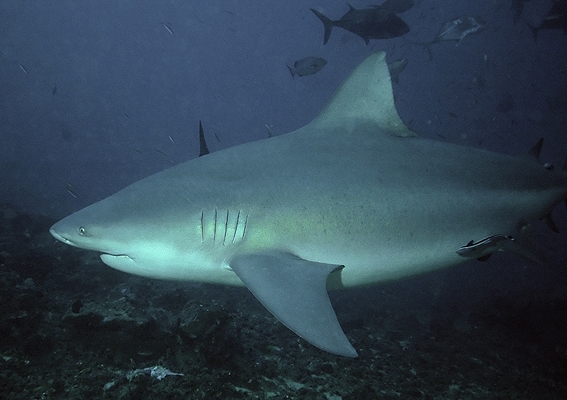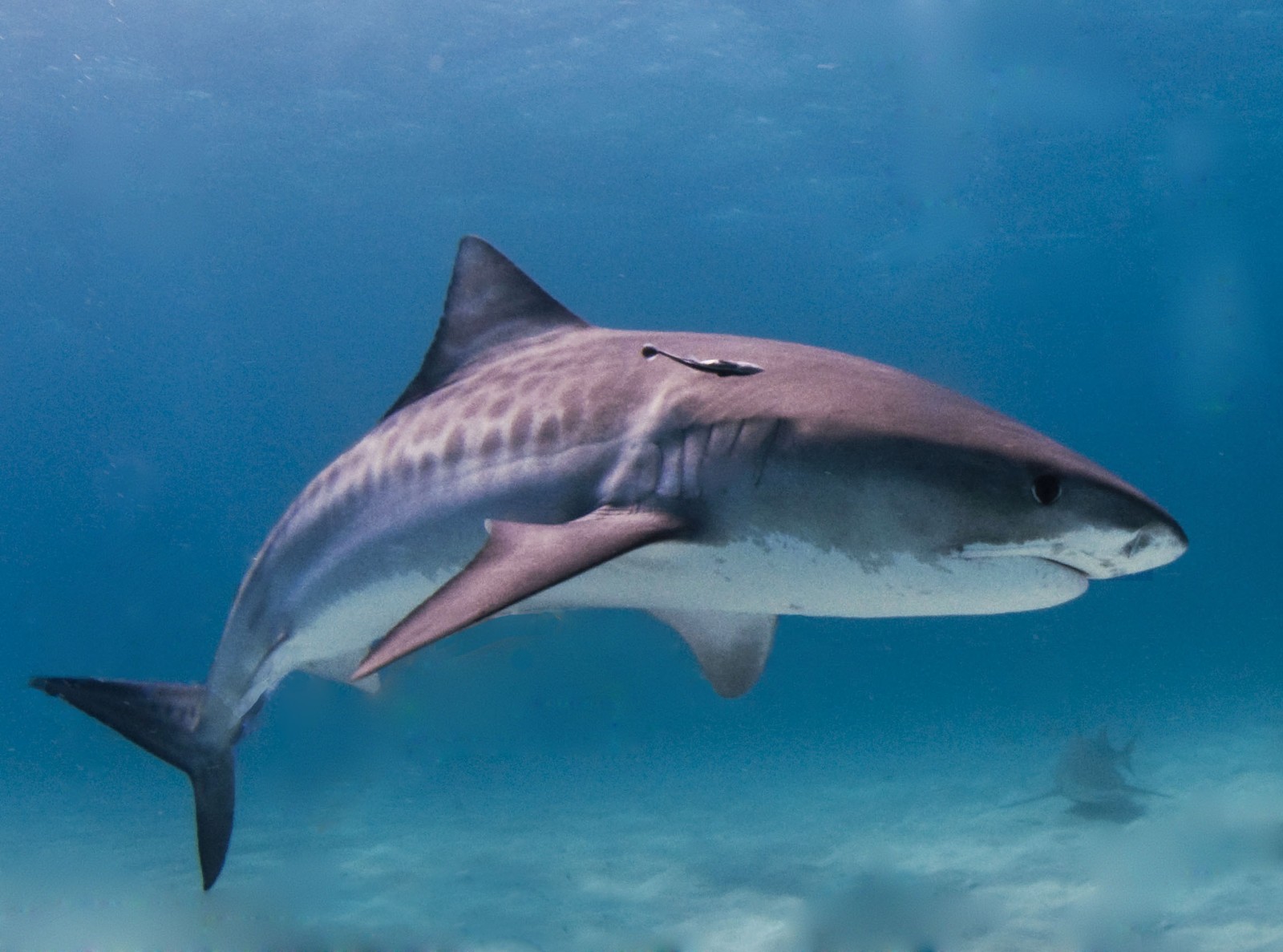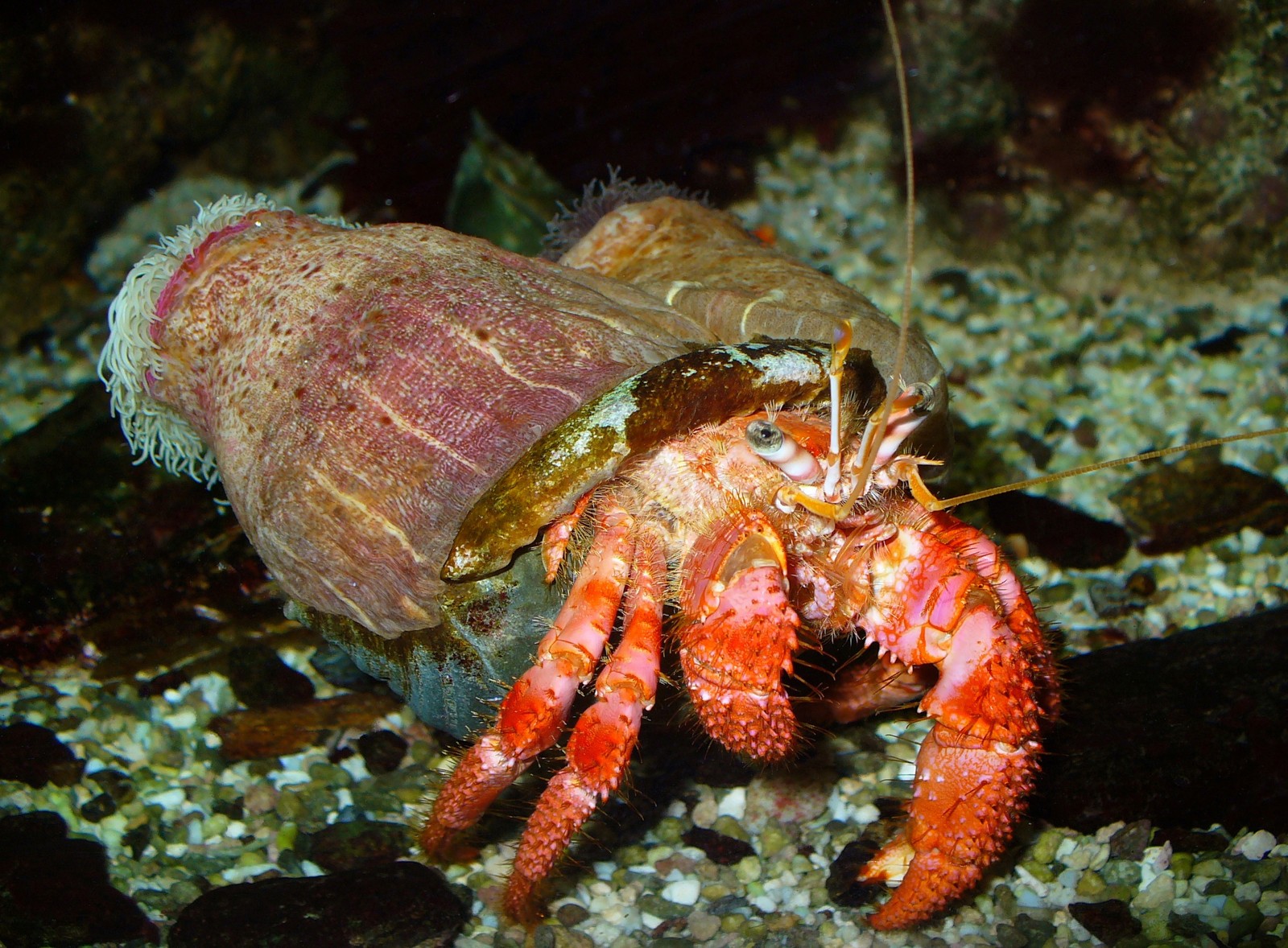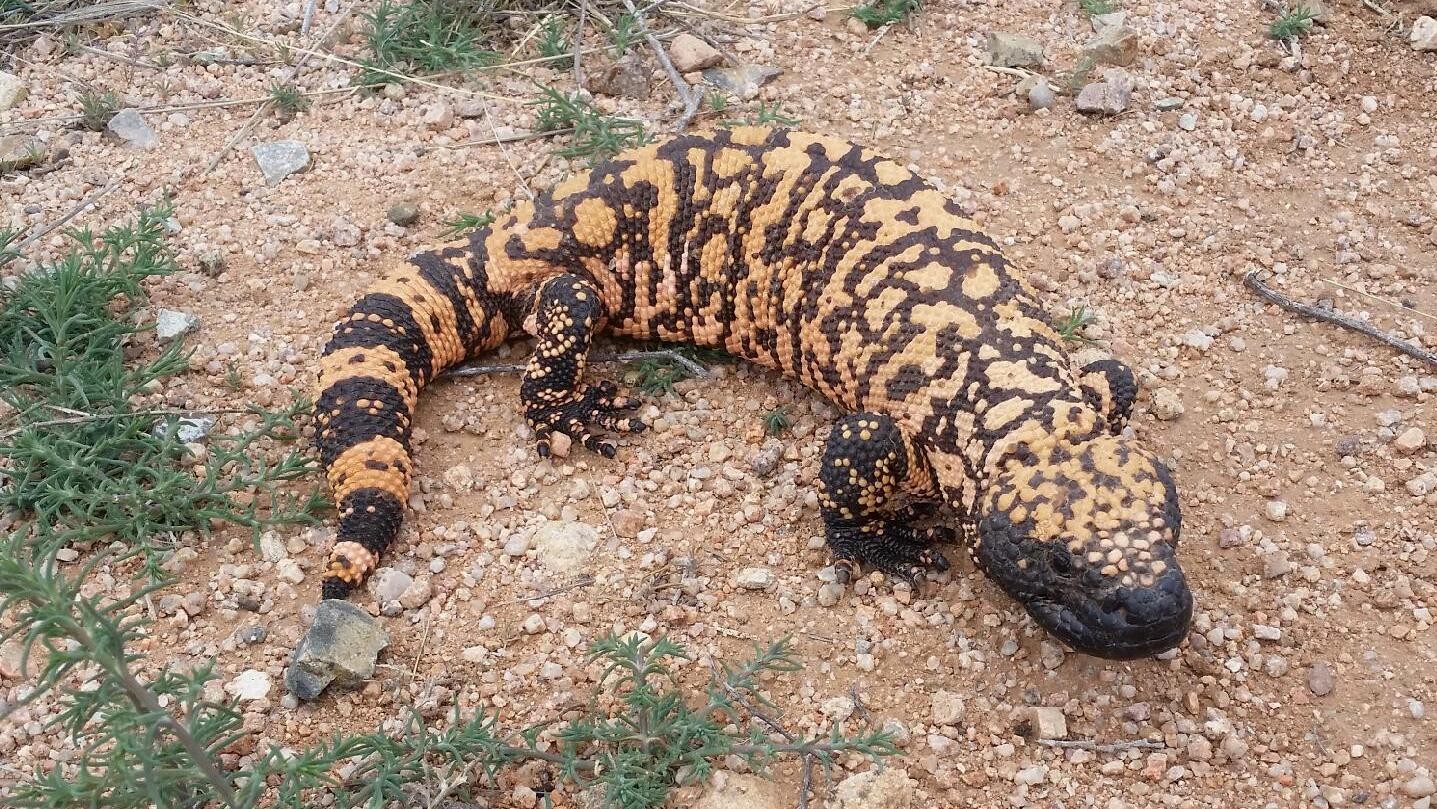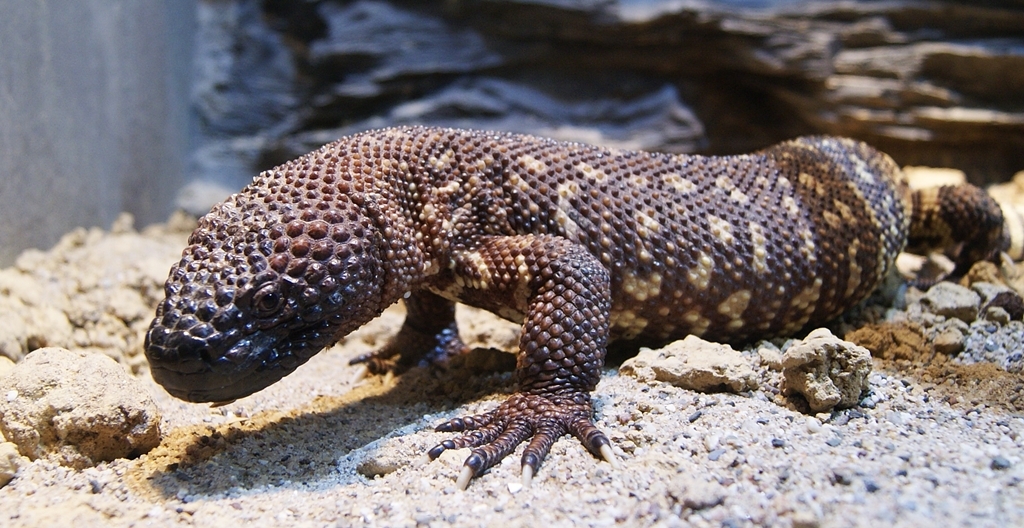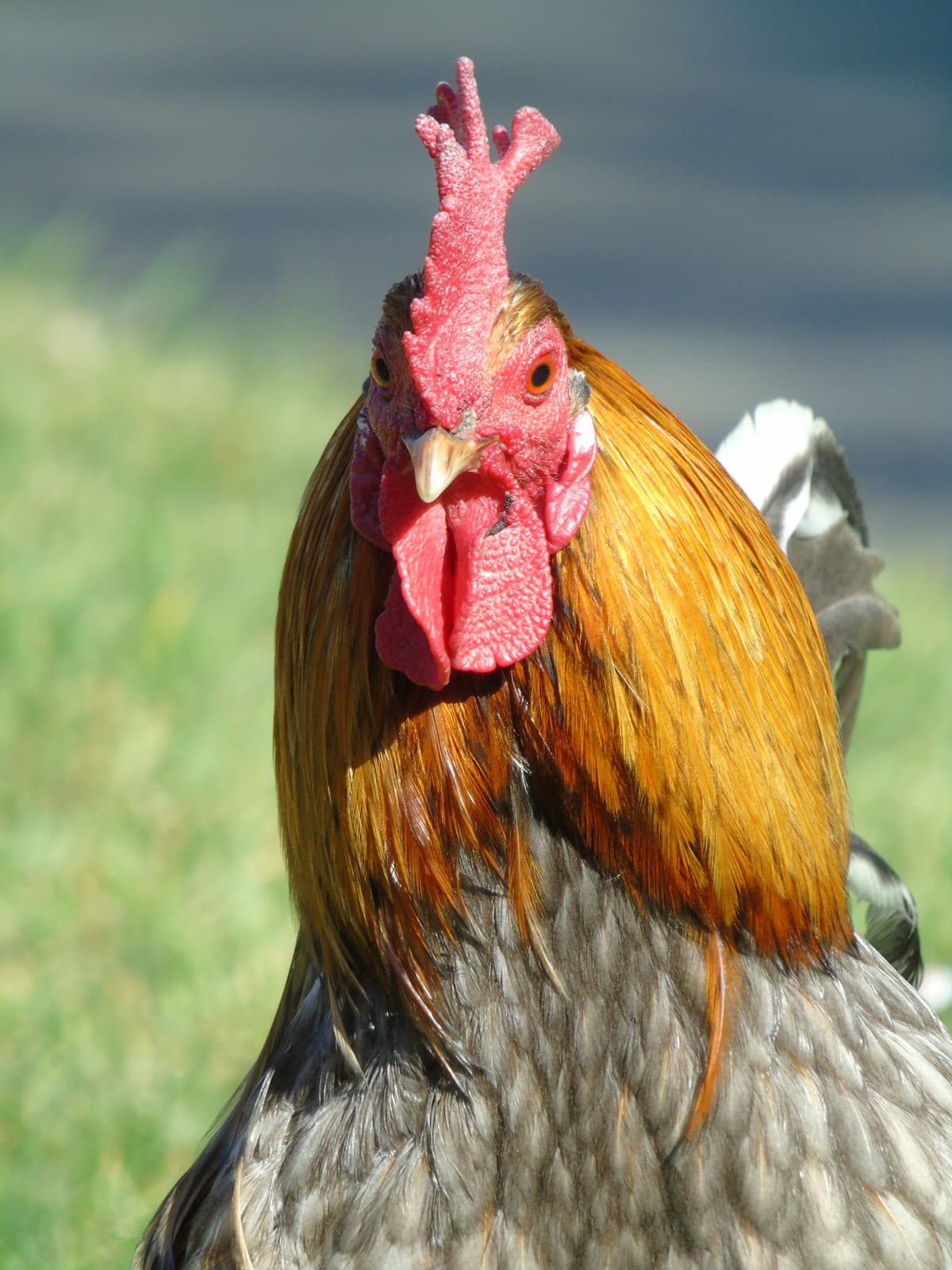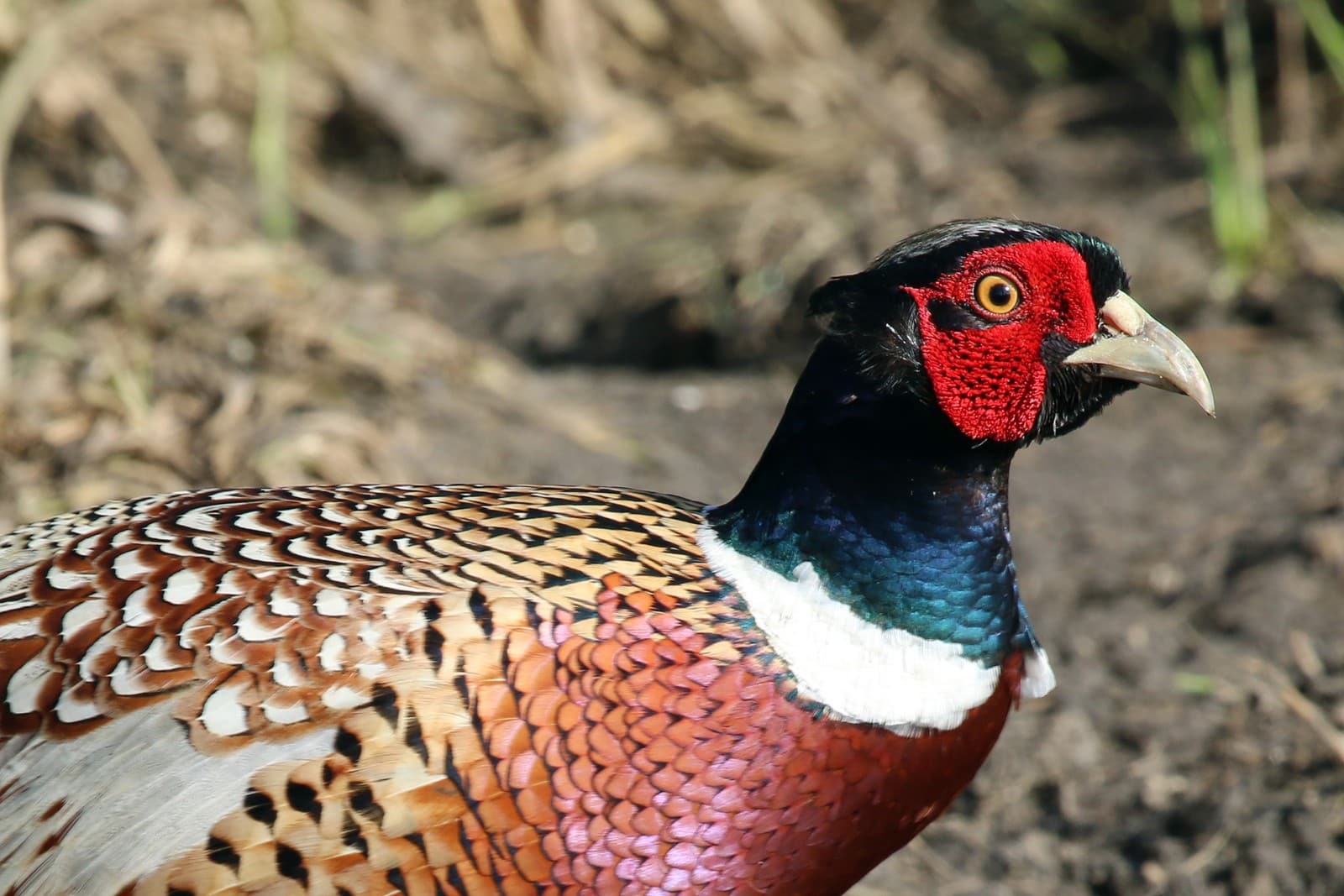Cat vs Ferret: A Complete Comparison
When comparing cats vs ferrets as potential pets, these two popular companions offer distinctly different experiences. Cats typically live 12-18 years and weigh 8-10 pounds (3.6-4.5 kg), while ferrets have a shorter lifespan of 6-8 years and weigh just 2-4 pounds (0.9-1.8 kg). This comprehensive comparison explores their unique characteristics to help potential pet owners make an informed decision.
Both animals make excellent companions but require different care approaches. Cats are generally independent and can be left alone for longer periods, while ferrets need more frequent attention and interaction. Understanding these fundamental differences is crucial for potential pet owners considering either species.
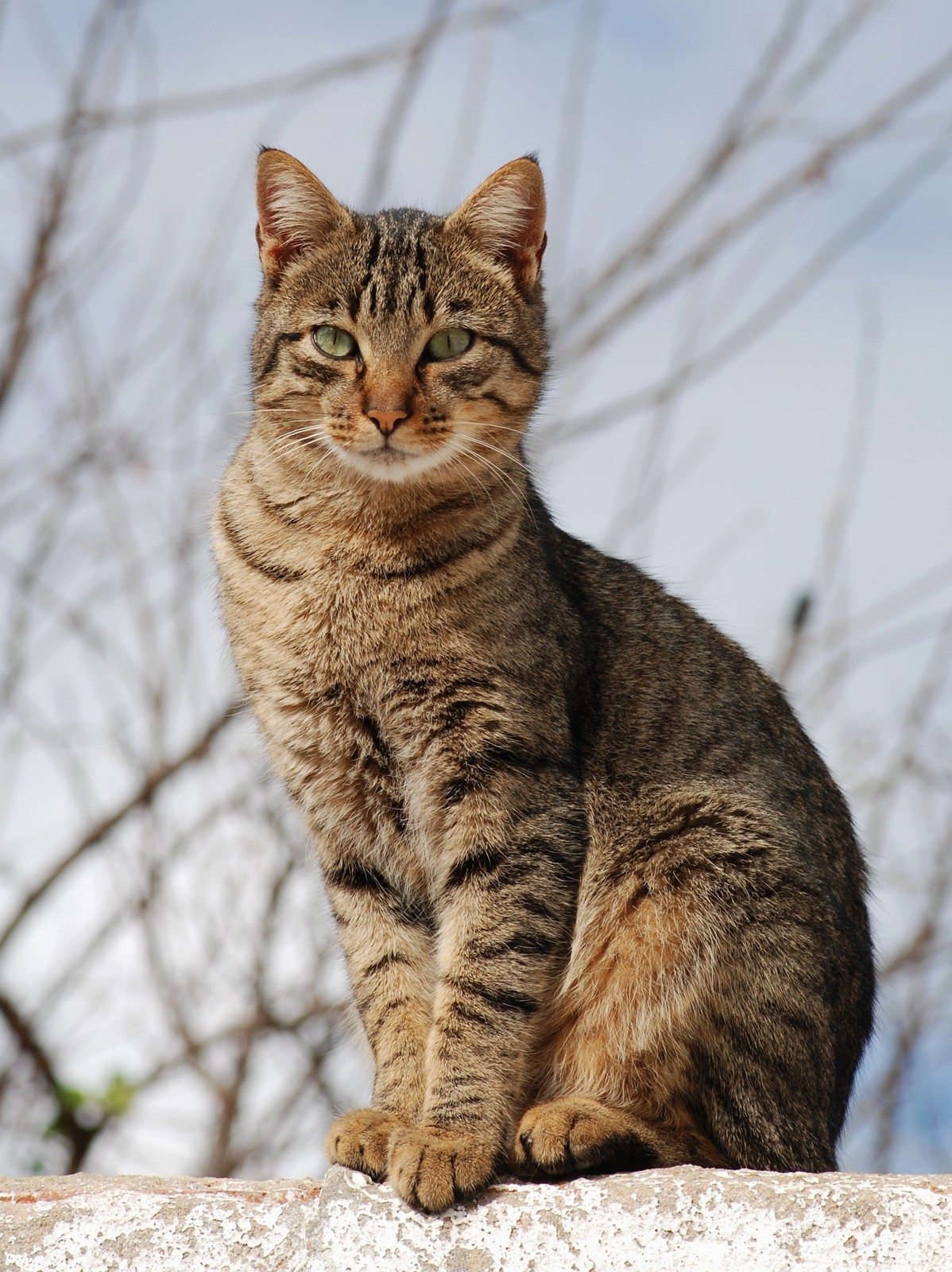
© Alvesgaspar / CC BY-SA 3.0
The domestic cat exemplifies grace and independence, with a muscular build adapted for both predatory efficiency and domestic living. Their alert posture and keen senses make them excellent companions who maintain their natural instincts while adapting to human households.
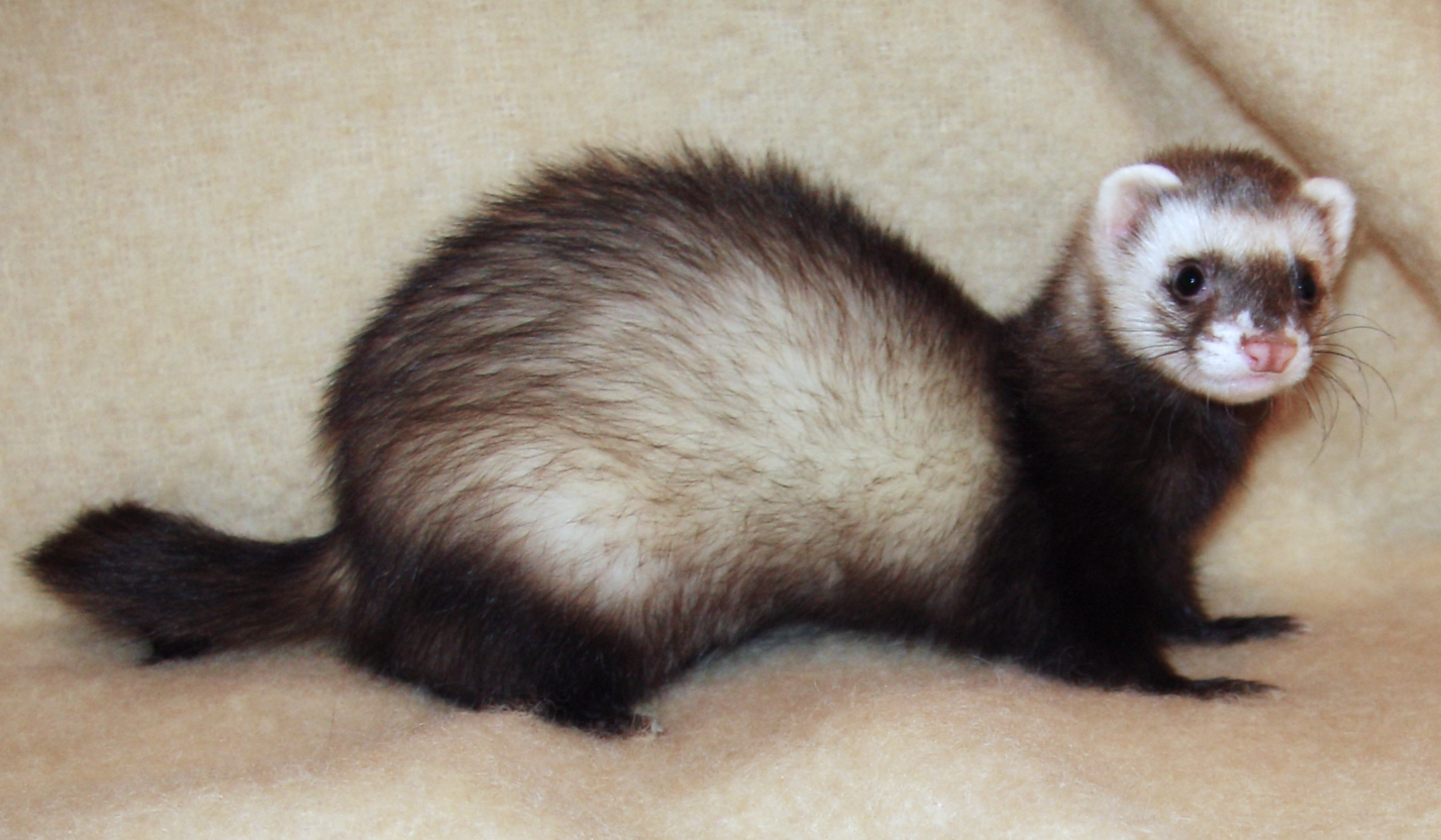
© Alfredo Gutiérrez / CC BY-SA 4.0
Ferrets display their characteristic playful nature with a flexible, elongated body perfect for exploration. Their inquisitive expression and alert posture demonstrate the active, engaging personality that makes them unique pets.
Key Differences: Cat vs Ferret
| Feature | Cat | Ferret |
|---|---|---|
| Lifespan | 12-18 years | 6-8 years |
| Weight | 8-10 lbs (3.6-4.5 kg) | 2-4 lbs (0.9-1.8 kg) |
| Space Needs | Medium to large | Small to medium |
| Daily Activity | 4-6 hours | 6-8 hours |
| Independence Level | High | Moderate |
| Care Requirements | Moderate | High |
Care Requirements and Maintenance
Cat Care Basics
- Litter box training is intuitive
- Regular grooming needed, especially for long-haired breeds
- Annual veterinary checkups
- Can be left alone for 24-48 hours with proper preparation
- Require scratching posts and climbing spaces
Ferret Care Essentials
- Must be litter trained with patience
- Need specialized veterinary care
- Cannot be left alone for more than 24 hours
- Require ferret-proofed play area
- Need frequent cage cleaning
- Specialized diet requirements
Personality and Behavior Differences
Cats typically display:
- Independent nature
- Territorial behavior
- Variable social needs
- Strong hunting instincts
- Can be trained but on their terms
Ferrets commonly exhibit:
- Highly social behavior
- Persistent curiosity
- Need for regular play
- Strong burrowing instincts
- More receptive to training
Health Considerations
Cat Health
- Generally robust health
- Common issues include dental disease and kidney problems
- Preventative care widely available
- Standard vaccination protocols
- Regular parasite prevention needed
Ferret Health
- Prone to specific health issues
- Required specialized veterinary knowledge
- Annual vaccinations crucial
- Susceptible to certain cancers
- Need regular health monitoring
Cost Comparison
Initial Costs:
- Cats: $500-1,500 including supplies
- Ferrets: $75-250 plus $200-400 in supplies
Annual Costs:
- Cats: $500-1,000
- Ferrets: $750-1,500
Making the Choice: Which Pet Is Right for You?
Consider a cat if you:
- Value independence in a pet
- Have a busy lifestyle
- Want a lower-maintenance companion
- Prefer quiet pets
- Have limited time for daily play sessions
Consider a ferret if you:
- Can provide frequent attention
- Enjoy active, playful pets
- Have time for detailed care
- Don’t mind regular cleaning
- Want a highly social companion
Both cats and ferrets make wonderful pets, but their care requirements and personalities differ significantly. Cats offer independence and lower maintenance, while ferrets provide high energy and social interaction. The choice ultimately depends on your lifestyle, available time, and personal preferences.
